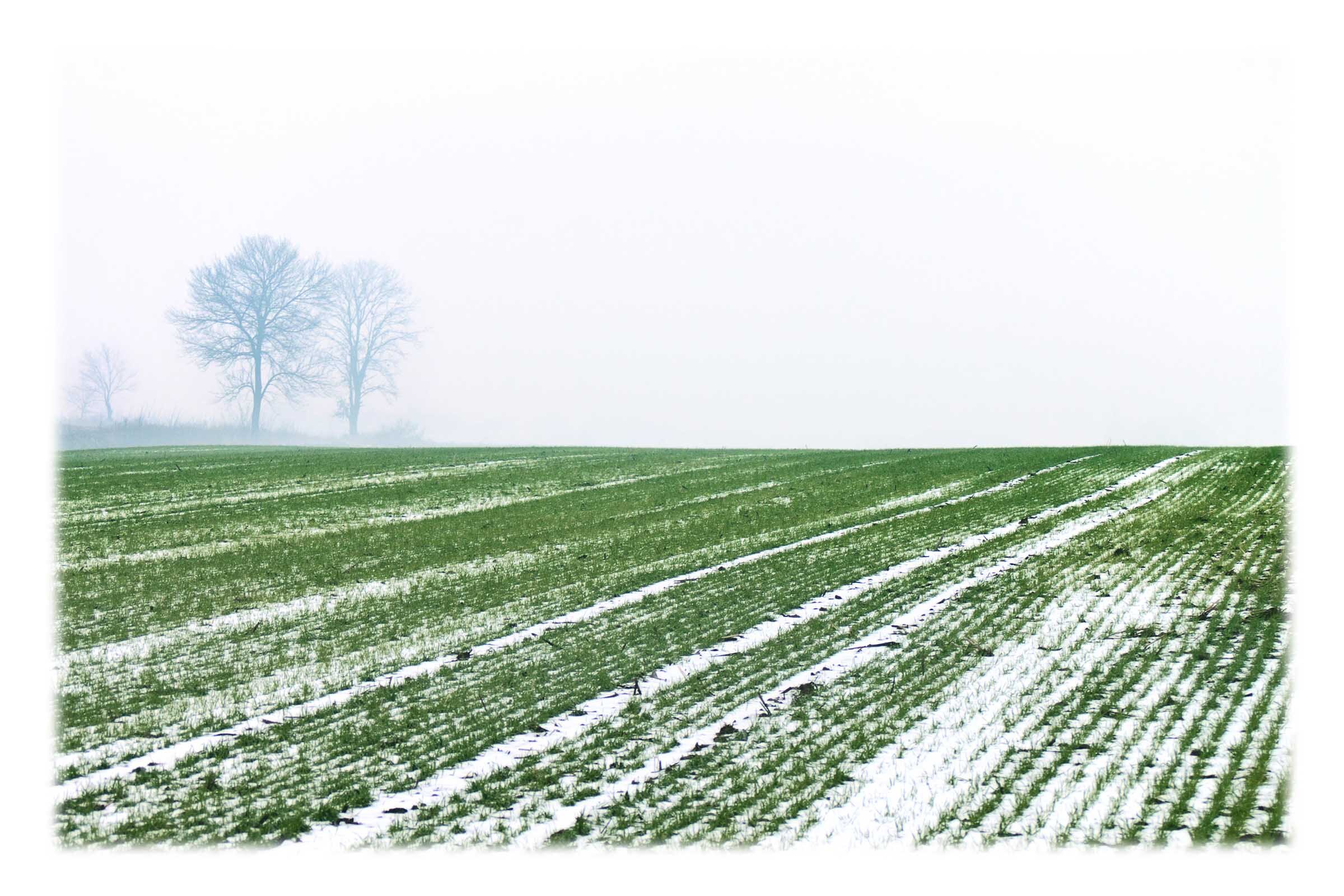The soybean cyst nematode (SCN) causes greater annual yield losses in Kentucky than any other pathogen of soybean.
Read MoreOnce again, freeze damage in wheat is a topic of conversation/concern. Temperatures during the overnight hours of March 31, April 1 and April 2 dipped below freezing across much of the state. In some areas, lows were in the low 20s.
Read MoreThe University of Kentucky Plant Disease Diagnostic Lab (PDDL) is inviting you to take part in a survey of current and future PDDL services and policies.
Read Moreo say that we have had a cold and snowy 10 days would be an understatement! Since Feb 9 a large portion of the state has had ice, snow, more ice, and more snow, all with bitterly cold temperatures that are truly unheard of in Kentucky. Not to mention that all this happened during a La Niña winter that was predicted to be warmer than average!
Read MoreThe time for the first application of nitrogen (N) to winter wheat is approaching. Split N application is typically the best management approach to maximizing yield and minimizing N loss. Nitrogen application should occur around Feekes 2-3 (typically mid-February to early March) and again at Feekes 5-6 (typically mid to late March) with the N split roughly 1/3 in the first, and 2/3 in the second, applications.
Read MoreSoybean cyst nematode (SCN) is the most damaging pathogen of soybean in Kentucky and across the U.S. This pathogen can cause yield losses even though no above-ground symptoms may be apparent. A three-part webinar series conducted by Dr. Kaitlyn Bissonnette (University of Missouri) and Dr. Carl Bradley (University of Kentucky) is coming in February.
Read MoreCongratulations to Kevin Hayden, of Carlisle County, for achieving the top yield of 324.98 bu/A in the 2020 Kentucky Corn Yield Contest with DeKalb DKC65-95RIB seed.
Read MoreIn such a turbulent year it is a real pleasure to announce all the records that were set in the 2020 soybean production contest! Congratulations to Ken-Maur Farms in Daviess County for achieving a yield of 106.51 bu/A with AgriGold G3722RX seed.
Read MoreScientists in the University of Kentucky College of Agriculture, Food and Environment engage with an extensive network of producers in all disciplines. The partnerships do not form overnight but over the course of numerous meetings, developing personal relationships and building mutual trust and respect.
Read MoreThe University of Kentucky Wheat Science Group will host its Winter Wheat Meeting virtually over two days in January on the videoconferencing platform Zoom. The meeting will run from 8:30 a.m. until 10:30 a.m. CST on Jan. 5 and again on Jan. 8.
Read MoreA western Kentucky extension agent recently commented on the disappearance of no-till corn. No one is returning to the moldboard (or chisel) plow, but there is a lot of discing/vertical (minimum) tillage going on. Why might this be happening?
Read MoreResults of the 2020 Kentucky Wheat Yield Contest. Winners will be honored at the Kentucky Commodity Conference in January.
Read MoreThe University of Kentucky has organized five webinars on field crop protection topics that will be hosted through the Southern Integrated Pest Management Center starting on November 10.
Read MoreMy objective here is to help the reader understand what I look at, and why, when I get a soil test report to review. There is always a personal bias in things like this, but it is important for grain producers to understand why a soils extension specialist asks the questions they ask when reviewing one of these documents.
Read MoreWarmer, drier air will dry corn grain faster than cooler and/or wetter air whether the corn is in the bin or still in the field. The past two seasons are demonstrating those extremes.
Read MorePreliminary results from a new on-going SCN survey initiated in 2019 show that 84% of Kentucky fields are infested with SCN.
Read More

















